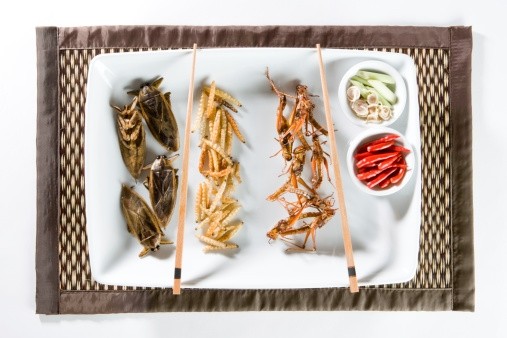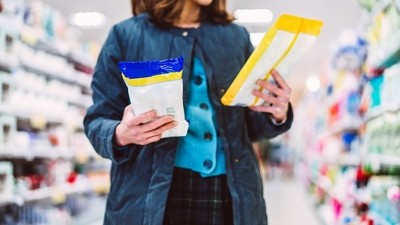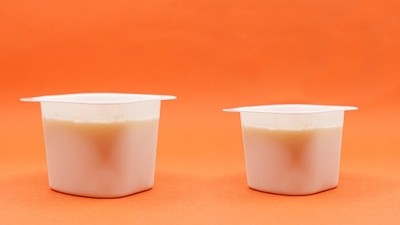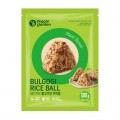No ‘new’ bugs: Singapore Food Agency emphasises food safety and labelling transparency in new Insect Regulatory Framework

SFA recently announced that it would be allowing the import of insects and insect products as a food ingredient into the country, specifically limiting this to a list of 16 insects species comprising a variety of crickets, locusts, mealworm larvae, moth larvae and honey bees.
The announcement drew widespread attention and was widely discussed on local social media platforms, including concerns over food safety as well as the unsavoury potential of having ‘worms served for dinner’ in hawker stalls.
SFA has since published more details including the establishment of a specific Insect Regulatory Framework, highlighting the scientific aspects of this decision and emphasising that only ‘safe’ and well-assessed insect species have been approved.
“SFA’s priority is to ensure the safety of food consumed in Singapore. As the insect industry is nascent and insects are a new food item here, [we have] developed this insect regulatory framework, which puts in place guidelines for insects to be approved as food,” SFA stated via a formal statement.
“These guidelines have been developed following a thorough scientific review, taking reference from countries and regions that already have allowed the consumption of certain insects as food [including] the European Union, Australia, New Zealand, South Korea and Thailand.
“There is data supporting the general consumption of food that is made up of, or comprising ingredients from the list of 16 species [so] these insects are not considered to be of higher regulatory concern.
“However, insects which are not on this list would need to undergo evaluation to ensure that they can be used for human consumption.”
Essentially, all ‘new’ insects not included in the list of 16 will still need to be assessed by SFA on a case-by-case basis before potentially being viewed as a food ingredient, and would need to include thorough details of the farming and processing methods, feed that was consumed, evidence of history as a human food overseas, scientific information to establish food safety and so on.
“In addition, for insects and insect products which are imported for direct human consumption such as ready-to-eat products (e.g. Fried insect snacks, protein bars with insect powder), there is also an food safety step required,” said the agency.
“This includes the submission of a health certificate to certify that products have been subjected to sufficient heat treatment or an equivalent bactericidal process to kill any potential pathogens prior to consumption; and are safe for consumption.”
Importantly, the Framework has also made it clear that all food firms selling products with insect content are mandated to make this clear on the product packaging, so worried consumers need not worry about accidentally eating insects if they read their product labels.
“Companies selling pre-packaged food, including those containing insects as an ingredient, are required to label the product packaging to indicate the true nature of the product [which in this case means to] list the insect in question as an ingredient,” it said.
“Similar to other food available in our market, insect products are subjected to SFA’s inspection and surveillance, which include sampling for food safety testing. Food that is found to be non-compliant with food safety regulations will not be allowed for sale.”
Local production
In addition, businesses looking to go further up the supply chain and produce insects locally for human consumption will also need to follow additional strict guidelines laid out by SFA.
“The species of insects farmed should only be those listed in the List of Insects that has been assessed to be safe for human consumption,” said SFA.
“Applicants need to establish and submit a HACCP/ Food Safety Management System (FSMS) plan in their production and post-harvest processes [and] implement the HACCP/FSMS as submitted throughout their licence term.
“Feed for these insects must not being contaminated with any substances which may cause the insects to be unsafe for human consumption – In addition, for materials of ruminant origin, only deboned meat cuts and dairy (e.g. milk and cheese) products are allowed and all food waste used must not be in a decaying or decomposing state.”


















